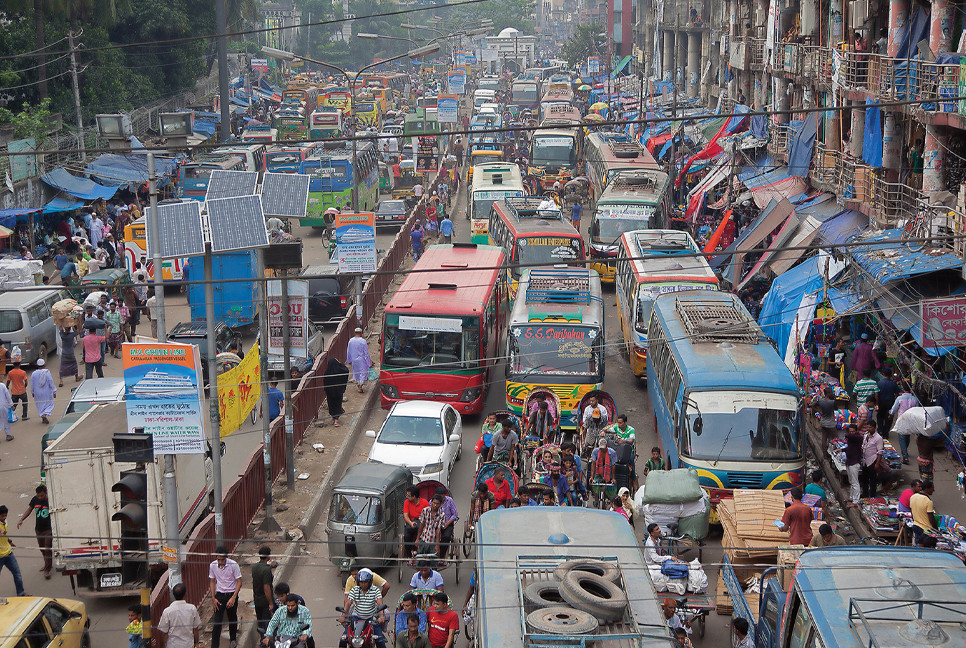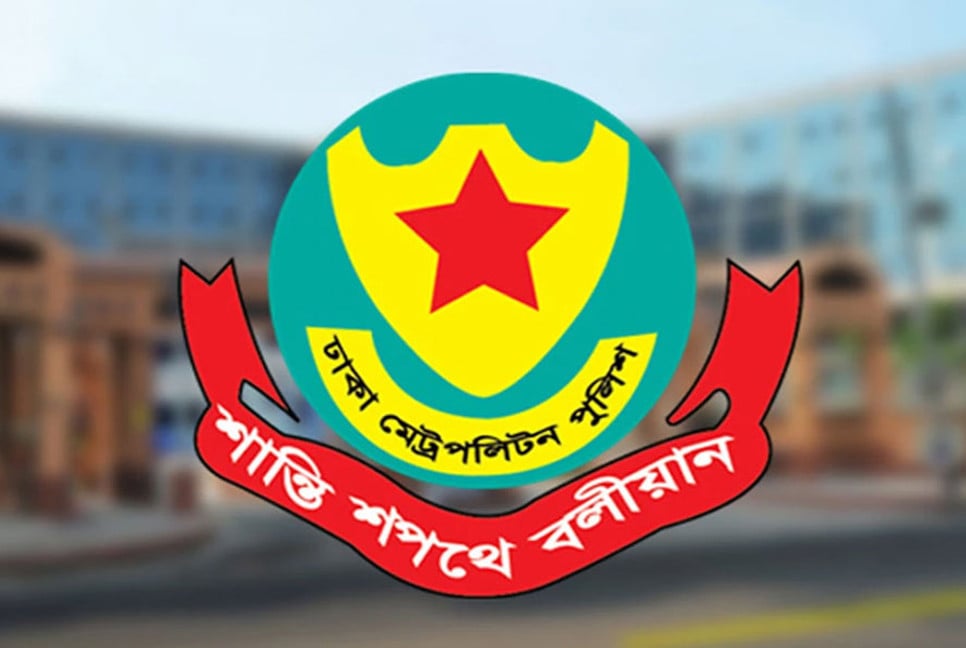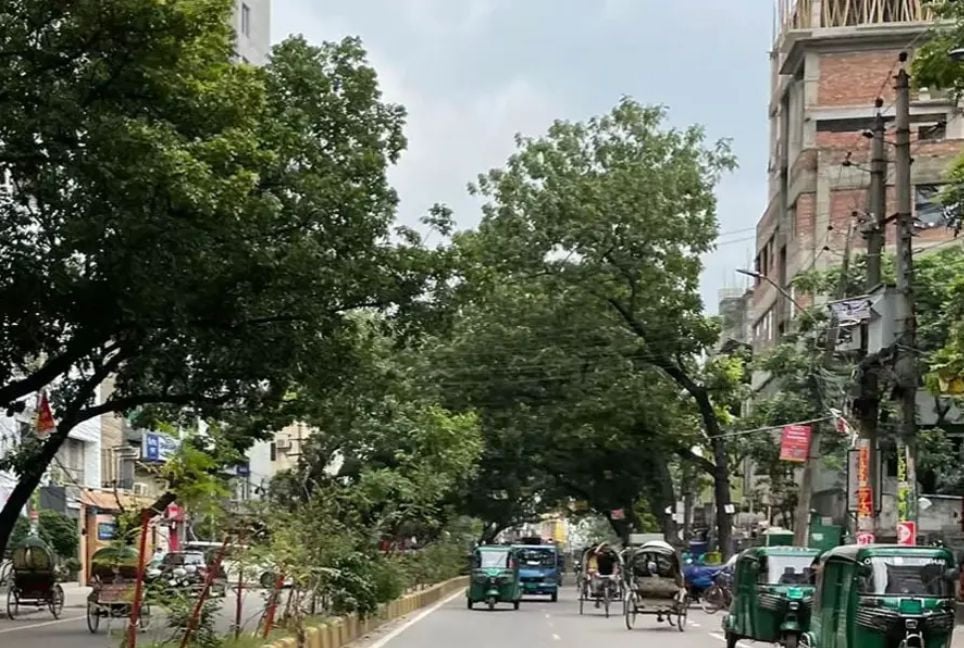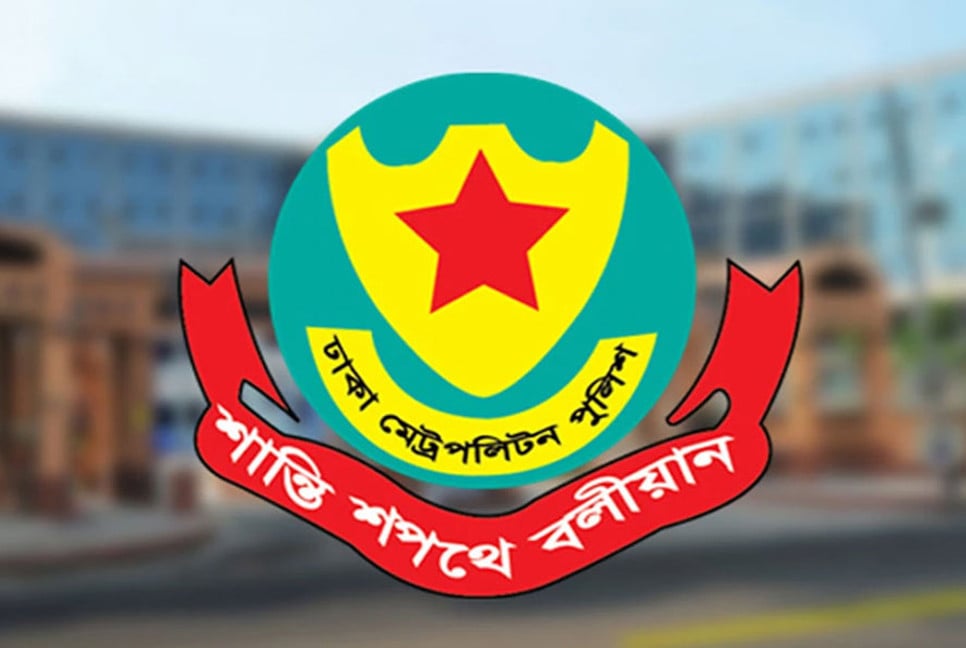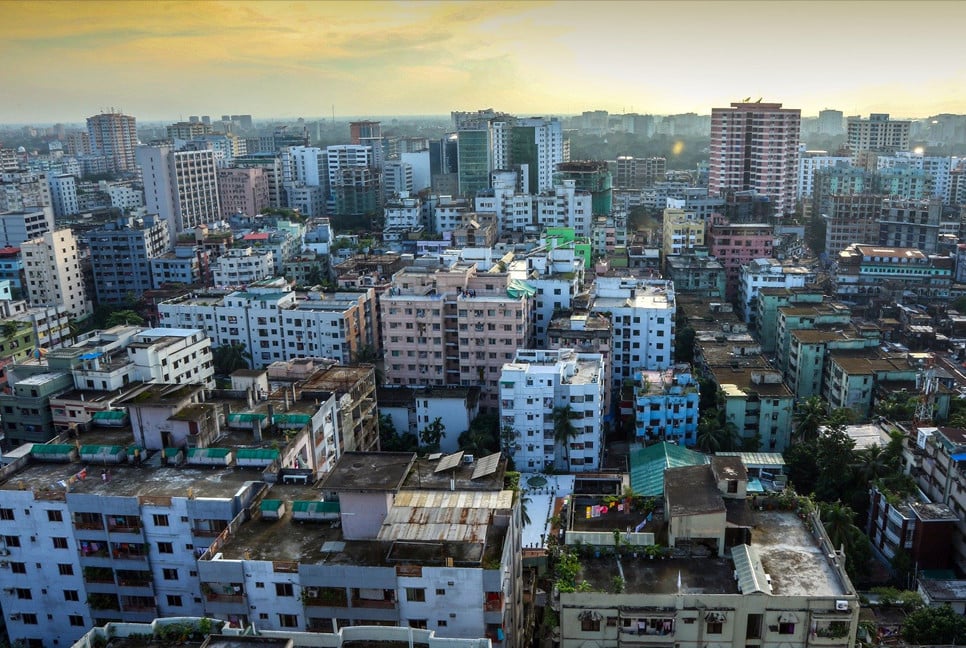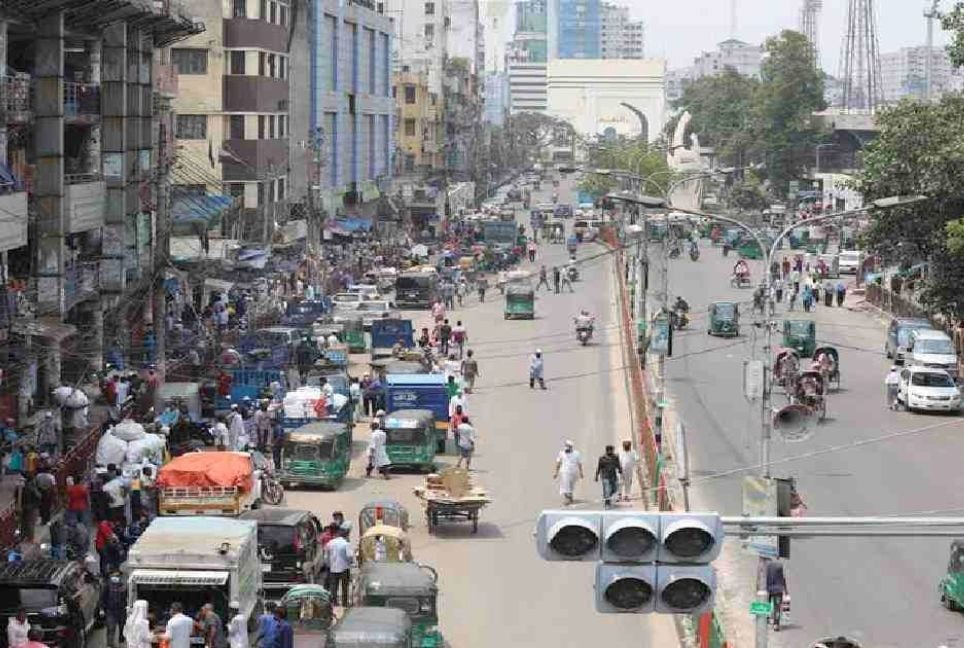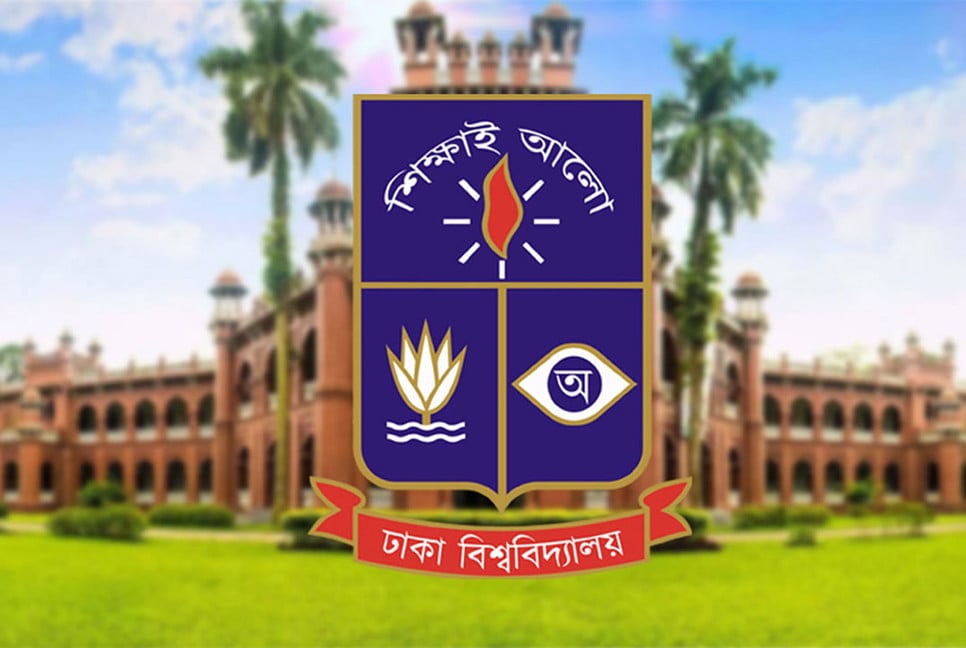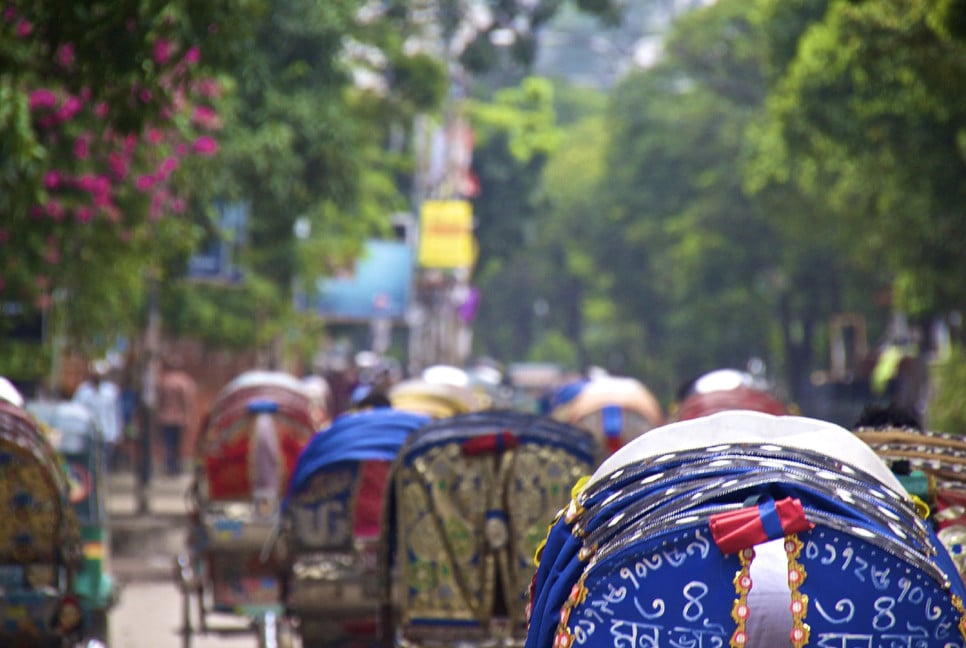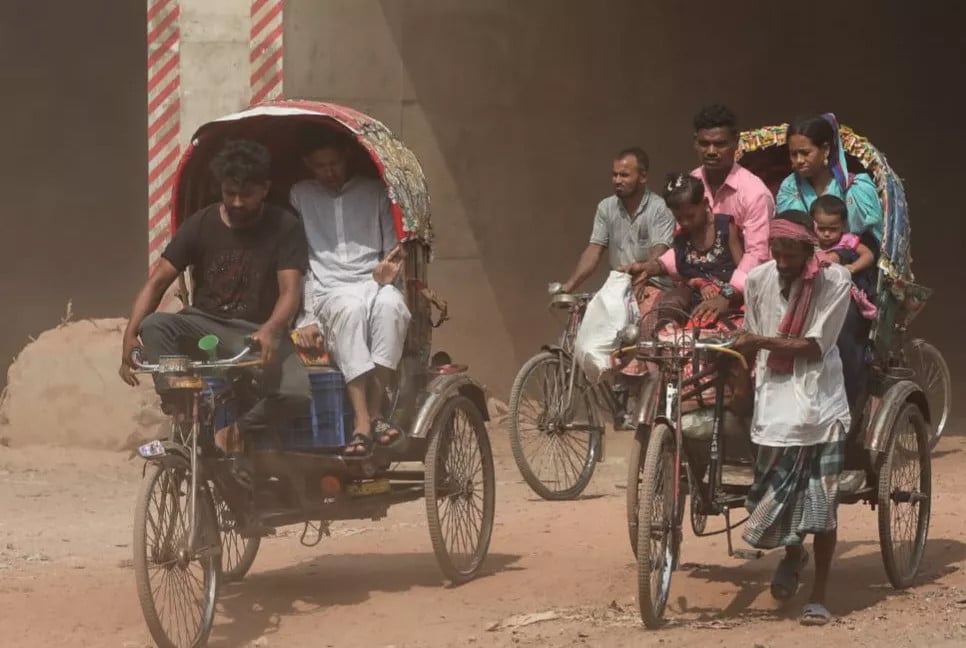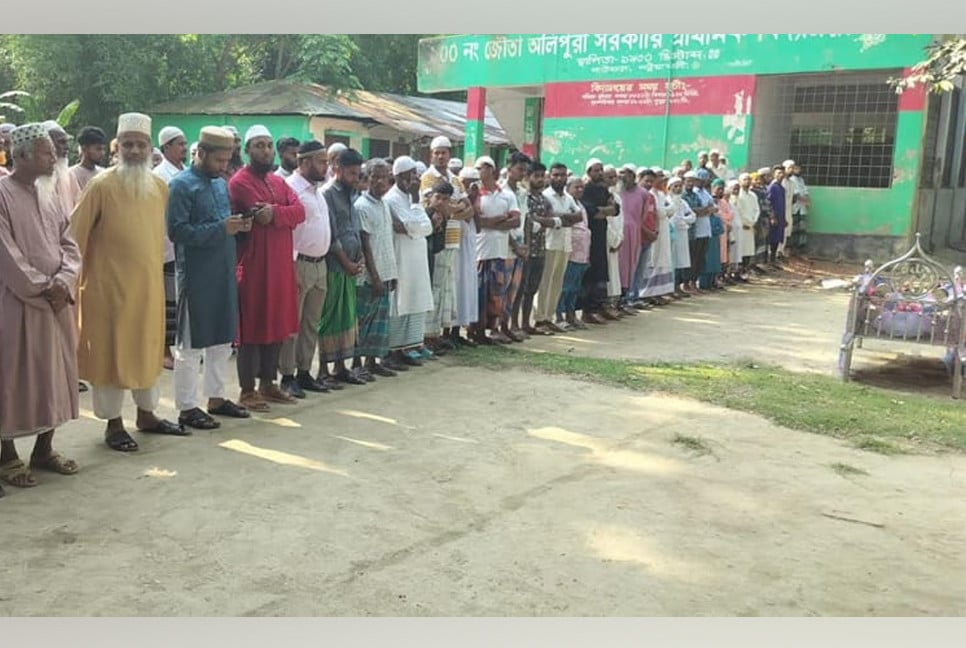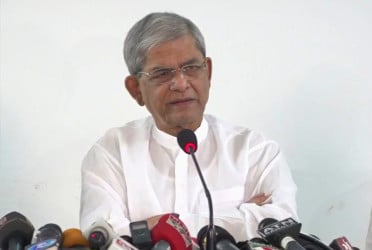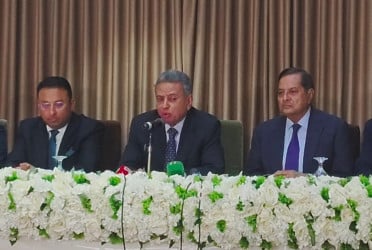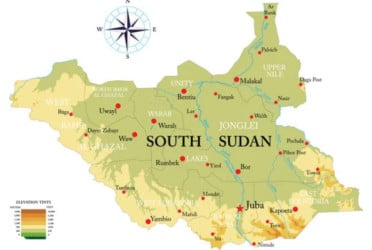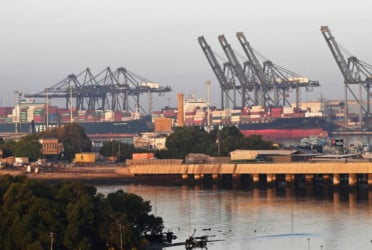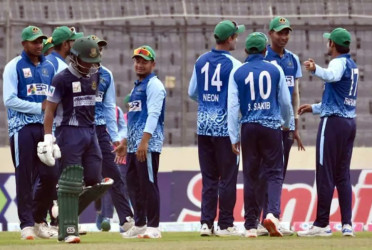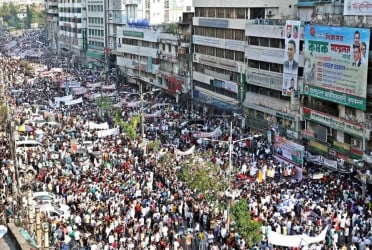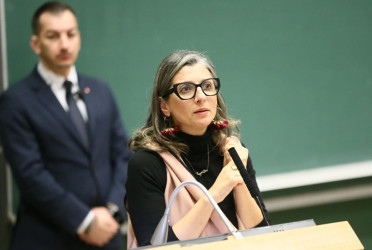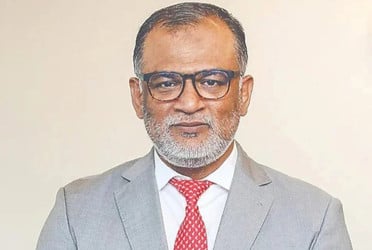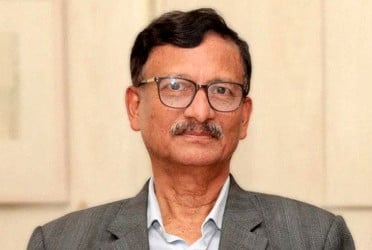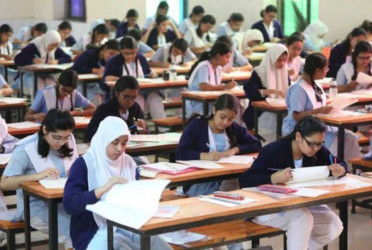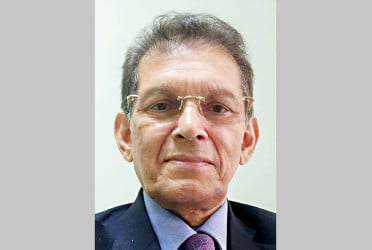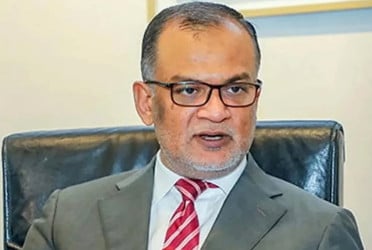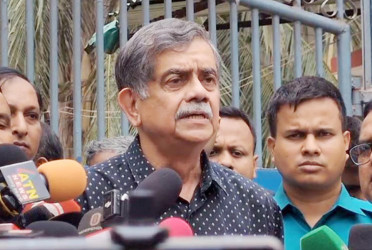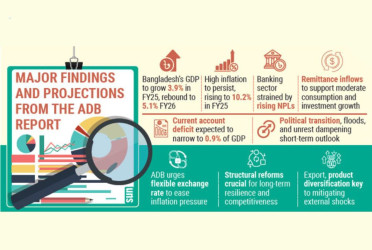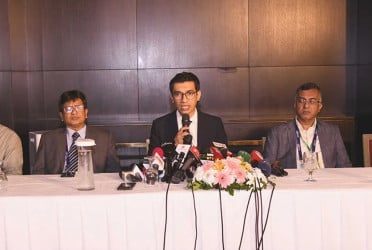While every road user plays a role in Dhaka’s escalating traffic congestion, widespread disregard for traffic regulations continues to exacerbate the crisis, according to experts.
They said proper adherence to these rules could substantially alleviate gridlock and minimise accidents in the capital.
A visit across the city revealed pedestrians crossing roads without following signals and vehicles engaging in reckless competition, even in the presence of traffic police.
Dhaka, a megacity, requires at least 30% of its area to be roads, yet it only has 7-8%.
Besides, nearly half of these roads are occupied by illegal parking and roadside shops. As a result, approximately Tk 140 crore worth of working hours is lost daily due to traffic congestion, leading to a GDP loss of around 2.9%.
Bangladesh has the highest number of rickshaws in the world, with an estimated 2.5 million pedal rickshaws, including 500,000 to 600,000 operating in Dhaka alone, according to available information.
Pedal rickshaw-pullers admitted they frequently block roads to compete with battery-run rickshaws, which undercut their fares.
Abdul Mannan, a senior pedal rickshaw-pullers, candidly admitted that they ignore traffic rules as "everything can be managed on the road."
Battery-run rickshaws, a relatively new addition to the city, are another major issue as they operate on main roads without approval from any authority.
Despite higher manufacturing and maintenance costs, many rickshaw pullers prefer these vehicles due to their faster and higher returns.
A 17-year-old driver, Jaman, said, "Though police create problems, it is ultimately profitable. We do not cause traffic jams alone."
The introduction of CNG auto-rickshaws has also worsened congestion.
Sources indicate that while Dhaka has 15,500 registered CNGs, the number of drivers with valid licences across the country is around 500,000.
According to BRTA data, 309,488 such vehicles are registered nationwide. Traffic police claim they try to regulate these vehicles, which frequently violate traffic rules.
Private passenger cars are one of the largest contributors to congestion as they primarily serve individuals or families rather than the broader public. In 2023, around 10.78 million private passenger cars were registered in Bangladesh, with 9.69 million in Dhaka alone.
However, private car drivers argue they are not significantly responsible for traffic jams, citing their training and driving discipline.
Truck drivers entering the city in excessive numbers also exacerbate congestion with slow driving and reckless parking. Meanwhile, buses, another key contributor, frequently obstruct traffic while picking up and dropping off passengers.
A study by the Dhaka Transport Coordination Authority (DTCA) under the project Preparation of Concept Design and Implementation Plan for Bus Route Rationalisation and Company-Based Operation of Bus Service in Dhaka found that many buses operating in the city are illegal.
For example, 655 of the 1,225 buses passing through Shahbagh daily are unauthorised, while in Motijheel, 262 out of 575 buses lack permits.
Other key areas, including Mohakhali, Farmgate, and Badda-Rampura, also see large numbers of illegal buses.
Bd-pratidin English/Tanvir Raihan

